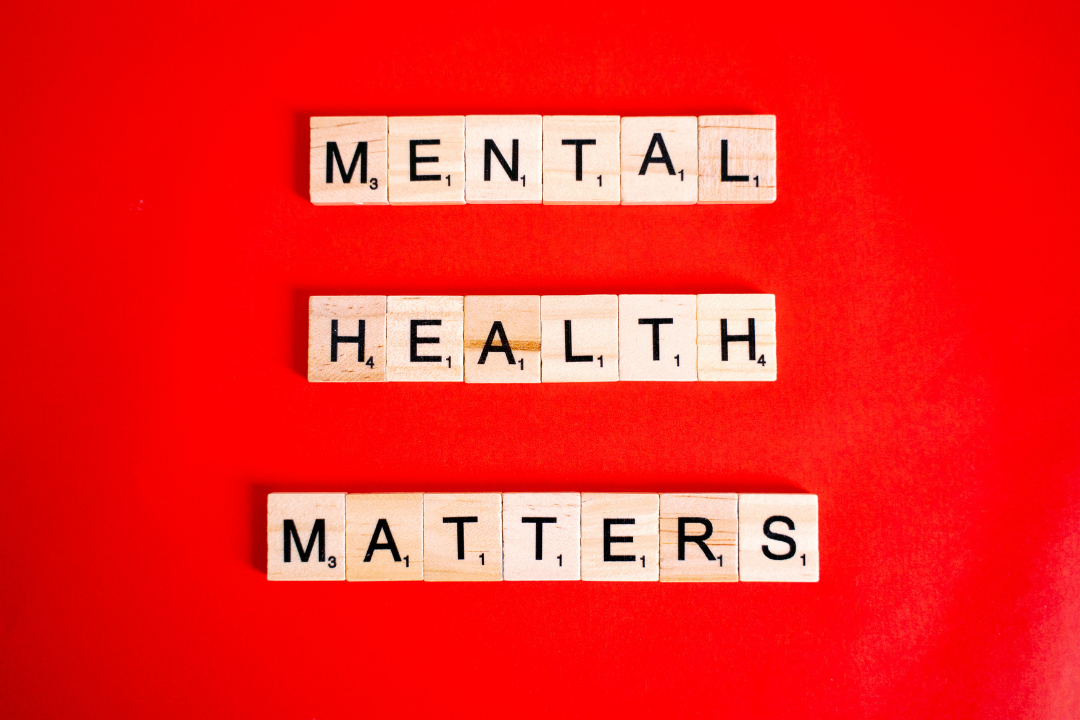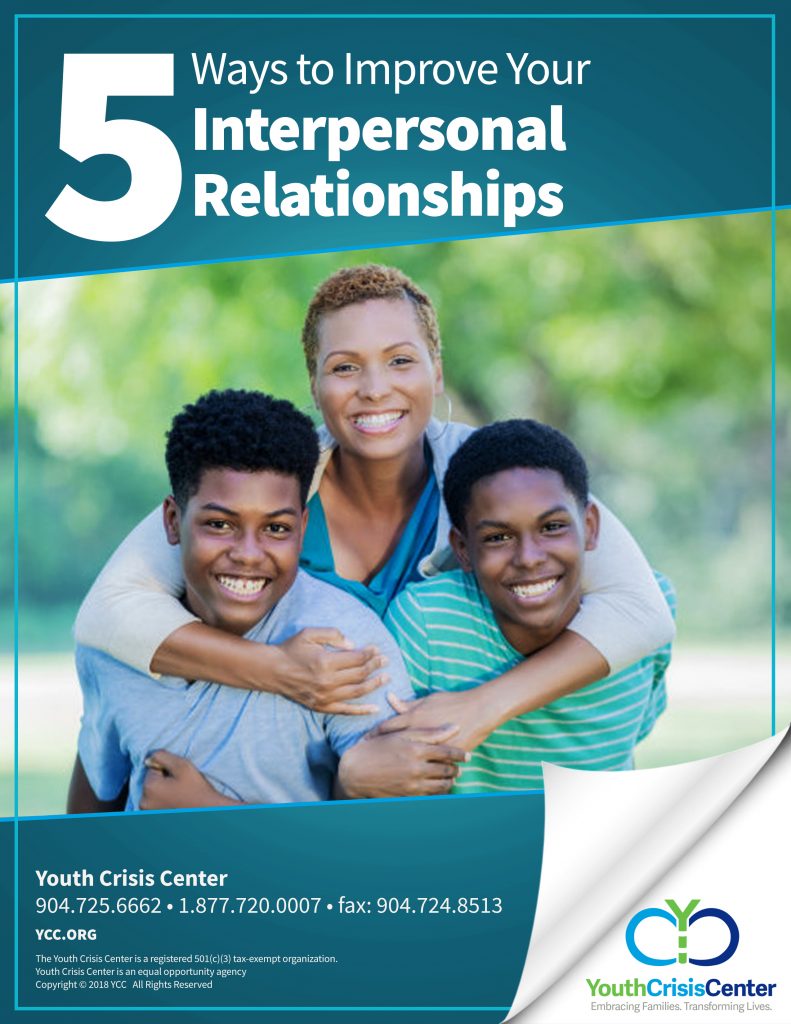Just like physical health, everybody has mental health. Someone does not need mental illness to focus on their mental health, just like someone doesn’t need to have a health condition to think about their physical health. One way to keep your mental health in check is to work on managing stress. Experts at the Youth Crisis Center believe it is essential to normalize the experience of stress. Stress is unavoidable so being able to accept it will help one cope with it.
Combat stress
Havey Baer, Lead Residential Therapist, says HALT can be a good acronym to remember for stress triggers.
“When we are Hungry Angry Lonely or Tired, it may make it more difficult to manage everyday stressors and significant life stressors.”
One suggested way on how to combat stress is to take care of your physical body. The Youth Crisis Center recommends getting proper sleep, having an adequate water intake, and eating correctly for ultimate nutrition. Physical exercise could also be a way to combat stress. Therapists also recommend finding or creating a meditative practice that can help the body and mind manage stress.
Why manage stress?
Someone needs to manage their stress because it could have consequences that could be harmful to one’s physical health and mental health. The Youth Crisis Center believes that if one cannot manage their stress, it can negatively impact their mood and relationships with others. It could also create tension in the workplace or school, making it hard to focus and accomplish goals.
I feel great! Why should I worry about my mental health?
Experts at the Youth Crisis Center believe that it is still vital to maintain mental health practices, even if someone feels good. YCC believes maintaining mental practices helps build coping skills and resilience. YCC claims those skills can help one better manage a stressor or crisis. Baer says improvements can be made by addressing mental health concerns and developing the best versions of themselves.
Overcoming breaking points
Breaking points look different for everyone. First and foremost, know you are not alone. The Youth Crisis Center encourages those suffering to seek professional help or talk with their loved ones. Keep in mind that tough times do not last forever, and these feelings are temporary even though it may seem like it. Experts at YCC believe it is essential to focus on small steps and celebrate small victories throughout the mental health process.




